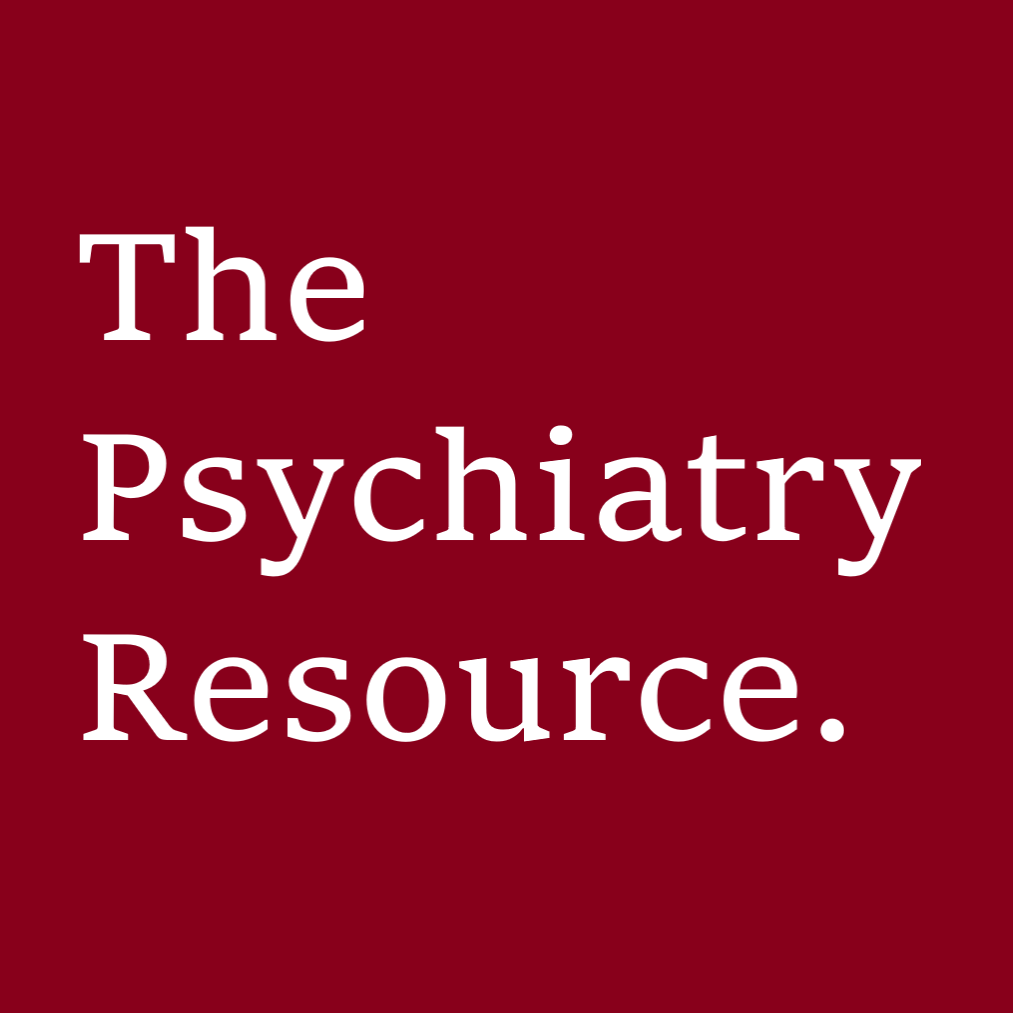The FDA got it right when they approved TMS therapy for adolescent depression (kids aged 15 and older). TMS is one of the most effective treatments for resistant depression. The decision to approve this treatment for kids is an absolute game-changer and will save many young lives. This article describes the dramatic impact of the FDA’s approval and covers research that shows TMS for kids to be safe, well-tolerated, and effective.
Read MoreAll kids have anger outbursts at some point. If you find yourself frustrated by these outbursts or helpless in creating positive change, you might need to consider a different strategy. Sometimes the best course of action when your child is upset is to give them some time and space to calm down. This article addresses strategies for supporting your child to calm themselves down during anger outbursts, without your immediate intervention, which can make the situation worse.
Read MoreIf you have bipolar disorder, getting the right amount of sleep at the right time of day is absolutely critical in achieving and maintaining mood stability. Good sleep at night clearly exerts mood-stabilizing benefits. This article addresses several strategies for improving mood stability in bipolar disorder and discusses the tradeoffs faced in regulating your activities and schedule.
Read MorePharmacists aren’t the bad guys, but the pharmacies they work for can take advantage of you when you have to pay the “cash” price (the full retail cost) for your prescriptions. When your prescriptions are lost, stolen, or accidentally damaged, your insurance company often won’t cover the replacement costs, which leaves you covering the whole tab. This article addresses how to protect yourself when paying for your prescription medications without insurance.
Read MoreWhile children can be quite wonderful, our kids can also pull emotional responses out of us that leave us feeling exhausted and frustrated. This article covers the importance of taking care of your emotional health as a means of enjoying parenting more and increasing your effectiveness as a parent.
Read MoreMost parents love their kids tremendously, but it can sometimes feel like there is a disconnect or uncertainty in whether kids actually experience that love. This article addresses the role of effectively conveying love as a core tenet of parenting.
Read More2022 was the third year of The Psychiatry Resource. This article summarizes the milestones, surprises, and metrics over the past year, and includes goals and ideas for 2023 at PsychiatryResource.com.
Read MorePremenstrual Dysphoric Disorder (PMDD) sounds a lot like Premenstrual Syndrome (PMS), but is a far more extreme condition than PMS. If you have PMDD or know someone who does, the good news is that there are treatments that work.
Read MoreWhat is really happening behind the scenes at insurance companies to block patients from more expensive (and sometimes more effective) medical treatments? This article discusses the need for transparency and reform of the involvement of “hired gun” physicians in routine denials of medical coverage.
Read MoreSome medications are not friendly to your thyroid gland. You would expect that all doctors would be well-informed of the most likely culprits. So, how did Seroquel (quetiapine) slip through the cracks? This article takes a look at Seroquel (quetiapine) – one of the biggest troublemakers of thyroid function – and what can you do to protect yourself and the people you care about.
Read MoreIt’s counterintuitive to many people that requesting and receiving help is a necessary skill in developing and sustaining independence. This article discusses a framework for developing these skills in your kids.
Read MoreWhile antidepressants often save lives, they can also result in very serious emotional and physical side effects from missed doses, reduced doses, or abrupt stopping. This article talks about the rarely discussed risk of acute depressive symptoms and the more widely known physical symptoms of serotonin withdrawal from switching or stopping your antidepressant medication.
Read MoreEven though depression rates for youth are rising, the FDA has only approved a few treatments for adolescent depression and has not yet approved TMS for adolescent depression. This article describes TMS for adolescents and covers research that shows TMS for kids to be safe, feasible, and likely effective.
Read MoreGod does not want you to die by suicide. This article discusses the biblical and theological truth that we are called to persevere in difficult times, even during depression, anxiety, and other serious life events. There are basic steps that you can take to stay safe if you are feeling suicidal.
Read MoreWhile some people can change their habits through sheer willpower, many people need a source of motivation or energy to make meaningful change. This is especially true for people who experience depression. This article discusses depressive habits and strategies for changing them so that treatment for depression can be more effective and durable.
Read MoreTranscranial Magnetic Stimulation (TMS) therapy, one of the most effective treatments for major depression, has been FDA approved for adults for 14 years. The FDA has not yet approved TMS for adolescent depression even though they approved a TMS device for migraine headaches in children. This article reviews research that shows TMS for adolescent depression to be safe, feasible, and effective.
Read More2021 was the second year of The Psychiatry Resource. This article provides a recap of the highs and lows. It shows what things stayed the same, which areas required change, and where priorities shifted at PsychiatryResource.com.
Read MoreScreening kids for depression (and sustained sadness) and connecting them with mental health services is an effective step in preventing suicide in youth. This article reviews recent research that supports this intervention and includes other data that shows this approach to be logical, strategic, and a high-yield use of suicide prevention funding.
Read More

















